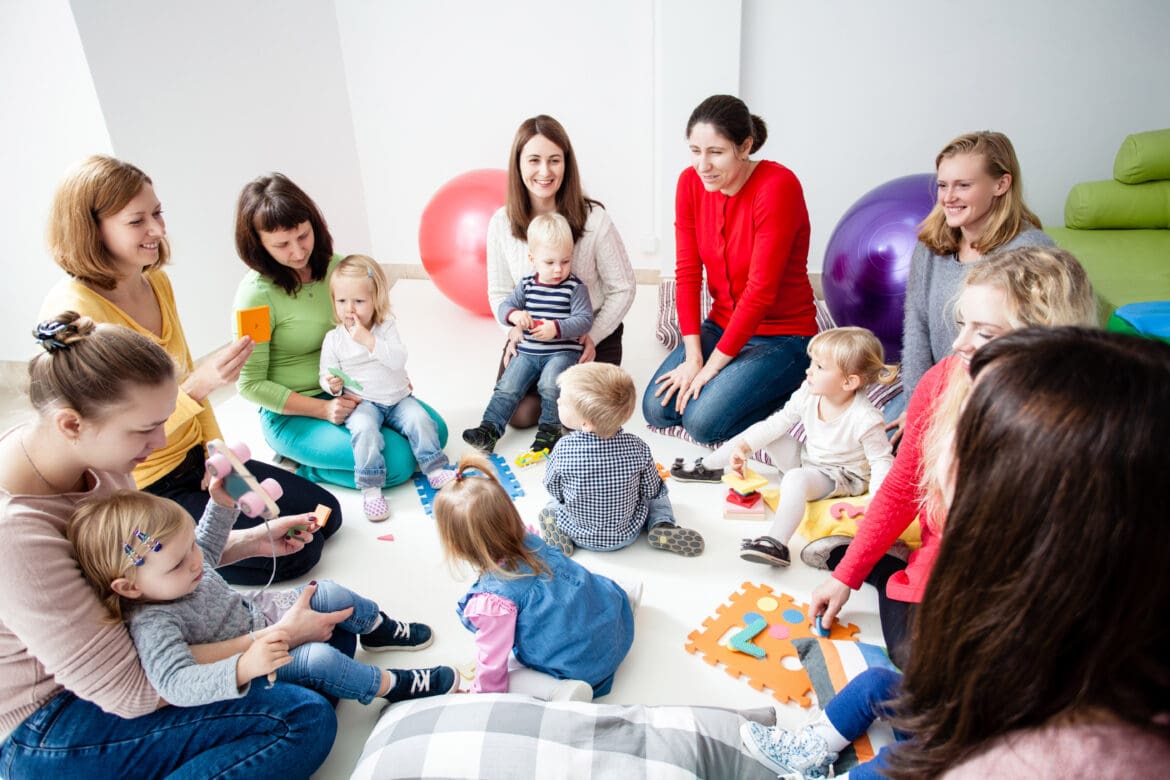Playgroups are an excellent way for children to socialize with their peers, develop important social skills, and have fun. A playgroup is a group of children who meet regularly to play and interact with each other under the supervision of adults. These groups can take many forms, from organized programs to informal gatherings of parents and their children.
There are numerous benefits of children being a part of playgroups. Here are some of the most significant advantages:
- Socialization: One of the most significant benefits of playgroups is that they provide an excellent opportunity for children to socialize with their peers. In playgroups, children learn to share, take turns, and communicate effectively with others. They also learn how to make friends and develop social skills that will be invaluable throughout their lives.
- Cognitive development: Playgroups provide opportunities for children to engage in different types of activities that can stimulate their cognitive development. These activities can include arts and crafts, puzzles, and games that encourage problem-solving and creativity.
- Language development: Playgroups can also be beneficial for children’s language development. Children who attend playgroups are exposed to a variety of language experiences, including hearing new words, conversing with other children and adults, and learning to follow instructions.
- Emotional development: Playgroups can also help children develop their emotional and social skills. Through playing with others, children learn to regulate their emotions and respond appropriately to different situations.
- Parental support: Playgroups are also beneficial for parents, providing a supportive environment where they can connect with other parents and share experiences. Parents can also observe their children’s social interactions and receive feedback from other parents and caregivers.
- Exposure to diversity: Playgroups can also expose children to diversity, helping them develop empathy and respect for others who may have different backgrounds, cultures, and experiences.
- Preparation for school: Playgroups can also prepare children for school by providing them with opportunities to practice following instructions, engaging in group activities, and developing social skills that are essential for success in the classroom.
- Physical development: Playgroups can also be beneficial for children’s physical development. Playgroups often involve physical activities, such as running, jumping, and climbing, that can help children develop their gross motor skills.
In conclusion, playgroups provide numerous benefits for children, including socialization, cognitive development, language development, emotional development, parental support, exposure to diversity, preparation for school, and physical development. These benefits can have a lasting impact on children’s development and can help them become well-rounded individuals. Parents who are considering playgroups for their children should take advantage of this excellent opportunity for their children to learn, grow, and have fun in a safe and supportive environment.
